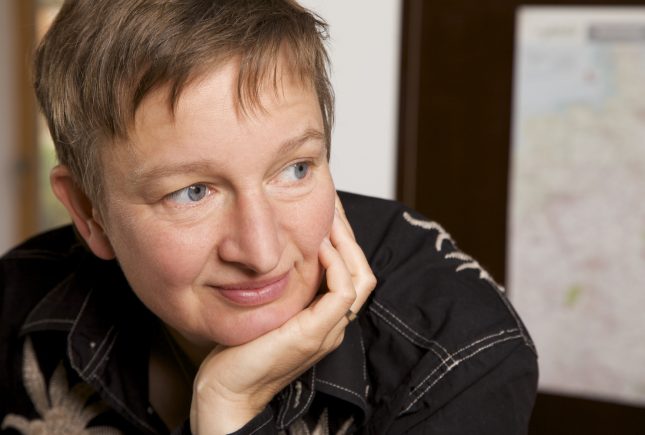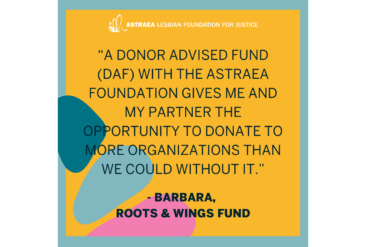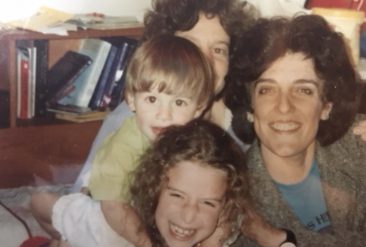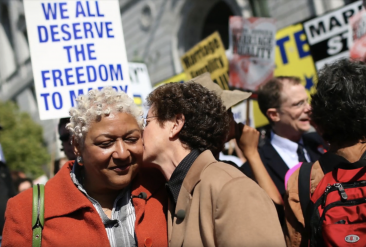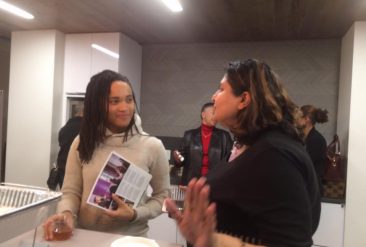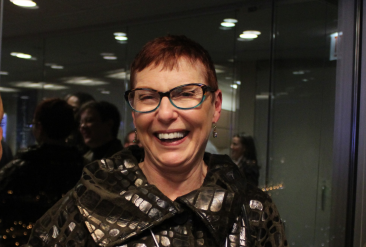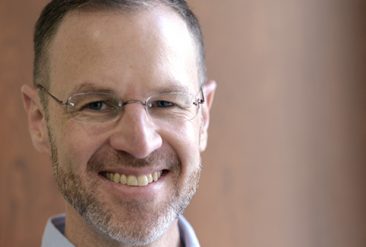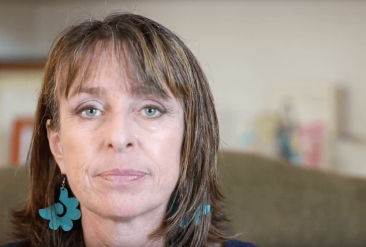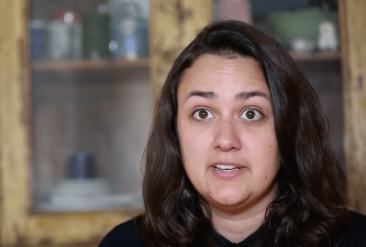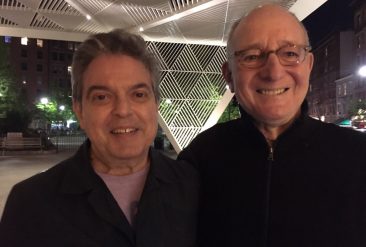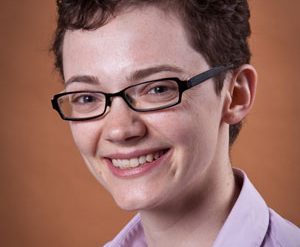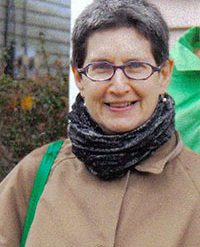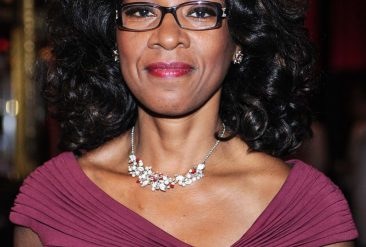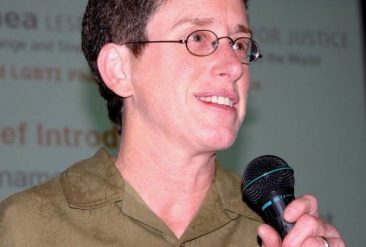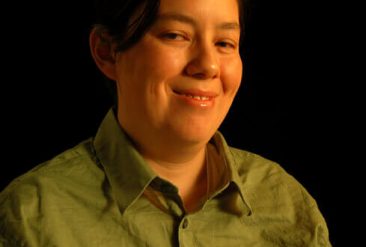This website uses cookies so that we can provide you with the best user experience possible. Cookie information is stored in your browser and performs functions such as recognising you when you return to our website and helping our team to understand which sections of the website you find most interesting and useful.
Tell us about your relationship to Astraea.
I’ve been a donor to Astraea since 1996. That’s 20 years now! We started with an international fund for Astraea. One day I heard from [Executive Director Emerita] Katherine Acey, who said, “We’re starting to fundraise for the International Fund.” To me, that was arrival. It was, “Yes, this can work out. I do want a long-term [philanthropic] partner. Astraea can do that.”
Another memorable moment I’ve had with them was at a conference in Dallas, Texas. It was an anniversary for Astraea. There were many women there. A donor organized for people to make commitments to give money to Astraea at the event. On the final day there was a queue through the entire hall of women lining up making spoken commitments to Astraea on the microphone. And the Astraea staff just died. They were sitting there on stage! There was just so much emotion.
Why is Astraea the organization for you?
The internal support is so strong. This organization will continue to grow well. I’m someone who understands the difficulties [foundations have] with growing and the relief when major institutional grants come through. When major foundations in the US say, “Yes, we back Astraea! We gave them a major grant,” we include them in our major portfolio. That’s also important, because when one comes, others will follow. This building of major donor contributions brought Astraea up to the level that it is working at now.
What advice, as someone who’s a donor, would you give to others?
Astraea is good in many respects. One of them is because it’s a public foundation. It’s not run by one person or a small group of very rich people who say where things go. There’s care in giving to Astraea. It is a direct way to give to the movement, not only in terms of where the money goes, but also in terms of how that money is being distributed. There’s a fresh influx of ideas and human resources from the movement into the work at Astraea, so it stays up-to-date. Astraea’s developed from one of the first women’s foundations to a lesbian foundation to an LGBTQI fund. It’s a living thing and you’re part of a process. At the same time, there are options to give more specifically to the one project that you want to support or to a group of projects that you want to support.
What does it mean to to be a resource activist? Are there challenges?
In the States, they call what I do being a donor activist. This makes it clear that I work on two sides of a bridge: I work with the money that I inherited, while others work with the money they’ve made, or somebody else’s money that they get to manage. And I consider myself part of the same movement that I’m funding, which means I get to think, too. I get to have impact there.
Any closing thoughts?
Don’t forget your own radical edge! What makes you mad? It’s a very good source of energy. When I speak with friends who have also inherited, and who say, “I can’t find my issue,” I think, “Hey, we are one step ahead here.” The issue is clear. There’s many issues and this is one where we can actually affect some change. And the old sentiment still holds true: If we don’t do it, who will?
Want to learn more about Bosch? Watch a video interview with her here or her speech at our 40th Anniversary Gala here!


